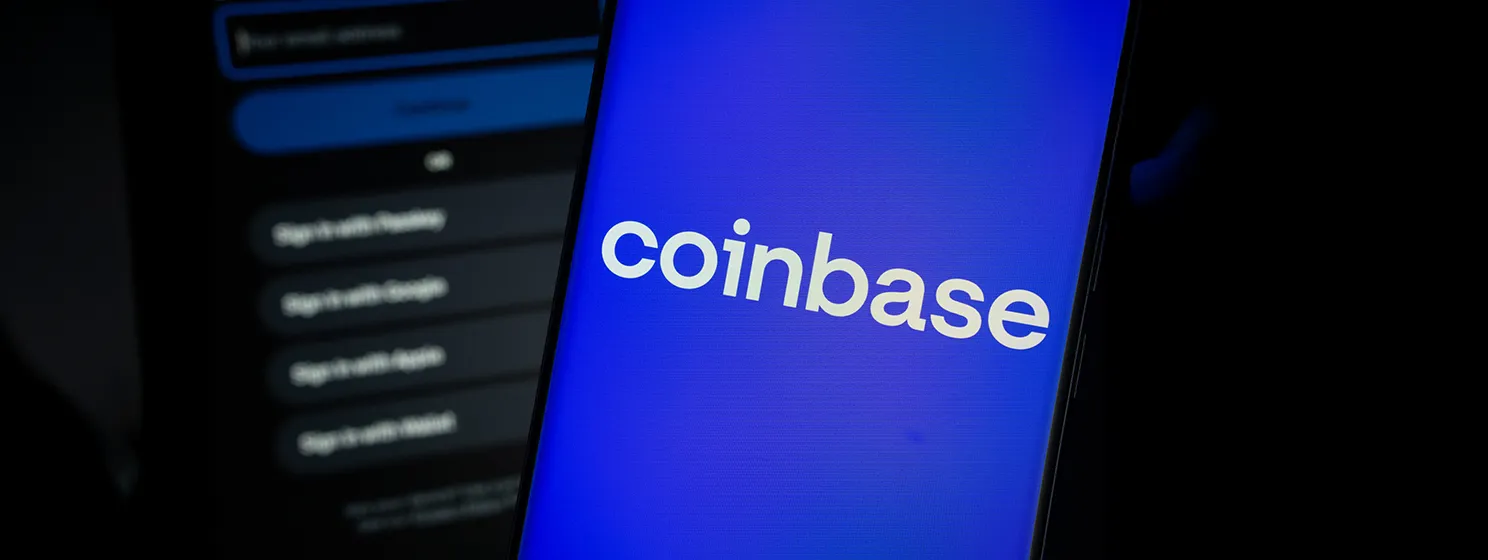|
Getting your Trinity Audio player ready...
|
Binance will ‘temporarily’ halt U.S. dollar bank transfers on Wednesday, February 8, in the latest sign that all is not well with the world’s largest digital asset exchange by trading volume.
On Monday, social media accounts began posting messages received by Binance.com customers informing them that the exchange would be “suspending USD deposits and withdrawals at 22:00 8th Feb 2023 (UTC+0). After this time, the USD withdrawal function will be temporarily disabled and deposits into Binance USD accounts will be rejected and returned to sender.”
The message stressed that “other platform functions are unimpacted” and that the cryptocurrency exchange was “working to resolve this administrative issue as soon as possible.” The announcement failed to specify a timeline by which point the status quo might be restored. Some sources are claiming it might not happen for a few weeks but, given recent events, this USD blackout could go on much longer.
Binance’s official Twitter account eventually acknowledged the messages were accurate but stressed that the “only a small proportion of our users will be impacted.” They also stressed that the hiccup had no impact on Binance US, the not-at-all-independent U.S.-registered version of the exchange.
From February 8th, we will temporarily suspend all USD bank transfers.
Only a small proportion of our users will be impacted by this and we are working hard to restart the service as soon as possible.
All other methods of buying and selling crypto remain unaffected.
— Binance (@binance) February 6, 2023
Binance boss Changpeng ‘CZ’ Zhao followed up by tweeting that USD bank transfers “are leveraged by only 0.01% of our monthly active users.” ‘Leveraged’ is an odd word to describe a withdrawal or deposit request, suggesting the actual number of USD users could be much greater than Binance is letting on.
Well before this announcement, countless Binance users across the globe have taken to Twitter and other online forums to express frustration at their prolonged inability to withdraw cash from their Binance accounts. Worse, Binance customer service appears to be either ignoring these requests, or demanding redundant uploading of ‘Know Your Customer’ documents already on file, or simply issuing platitudes that customers’ concerns are important to the exchange.
CZ addressed his mounting fiscal challenges on Monday, tweeting: “While some banks withdrawing support for crypto, other banks are moving in. Some setbacks were expected from last year’s incidents.” If finding a new bank was that easy, Binance presumably would have had a backup already lined up. But it seems far more banks are backing away from Binance than rushing to embrace it.
Banks treating Binance as a hot potato
Binance has endured some serious disruptions to its traditional banking rails in recent weeks, which would be alarming enough even if that hadn’t followed record outflows in the wake of the collapse of rival exchange FTX.
Late last month, New York-based (formerly) crypto-friendly Signature Bank apparently blocked Binance from accessing its Signet digital payments platform. Binance tried to spin this as a move targeting all exchanges from accessing the SWIFT cross-border payment system but those other exchanges have yet to confirm receiving any such spanking. Furthermore, Binance’s wings were clipped just days after reports that Key Vision Development, Binance’s listed recipient of transfers made via Signature, had been struck off its Seychelles register nearly two years ago.
That action was followed by a global law enforcement takedown of the Bitzlato exchange due to its cozy ties to infamous darknet marketplaces such as Hydra. The U.S. Department of Justice noted in its complaint that Binance was Bitzlato’s top receiving party, processing over 200,000 transactions for Bitzlato customers involving a total of $346 million worth of BTC.
In the U.K., the Nationwide Building Society bank informed customers that they would no longer be able to use its bank cards to fund their Binance accounts. Customers with cash in their Binance accounts can still withdraw those funds to their Nationwide accounts, but card deposits will be declined.
Nationwide said their priority was keeping customers’ money safe and the payment block was made following “similar action from other providers, media coverage and regulatory uncertainty.” While the anti-Binance policy appears to date back to mid-2021—around the time the Financial Conduct Authority warned that Binance wasn’t allowed to operate in the U.K.—many customers don’t appear to have been aware of the change until last week, suggesting there were some chinks in Nationwide’s armor.
Last week, Australian Federal Police (AFP) announced the arrests of nine members of an international money laundering operation and seized over AU$150 million in cash and property, including $29 million worth of unspecified cryptocurrency. Related or not, around the same time, Binance’s Australian customers began reporting difficulty fulfilling withdrawal requests.
Binance may have taken a more serious hit after Lithuanian authorities ordered local ‘electronic money institution’ Transactive Systems UAB to immediately cut off all crypto clients. The order was issued after the authorities “identified significant violations and shortcomings of the Law on the Prevention of Money Laundering and Terrorist Financing.”
About a year ago, Binance announced the launch of Bifinity, a Lithuania-based “payments tech company power[ed] by Binance” that would serve as “the gateway of fiat to crypto exchange for Binance and other blockchains.” In reality, Bifinity was simply a rebranded Binance UAB (Lithuania), which was subjected to a 2021 warning by the Bank of Lithuania that Binance was operating without the necessary permits.
While the likes of Nexo and Crypto.com appear to have been hamstrung by the Lithuanian crackdown, Binance is managing to carry on in part due to its access to Visa cards via its wholly owned Visa card-issuing subsidiary Swipe. That is, until the bigwigs at Visa start to field questions regarding their ties to such an unsavory entity as Binance, much as the folks at Nationwide appear to have belatedly realized.
Binance’s loss of its USD banking privileges could signal that U.S. authorities are finally preparing to act on the vast quantity of damning evidence they’ve accumulated over their years of investigation. At any rate, the loss of so many fiat on-/off-ramps has to be leading Binance to lean on ever more convoluted and unsavory mechanisms to accept deposits from customers still foolish enough to trust CZ with their hard-earned cash. That will only accelerate global authorities’ interest in probing Binance, meaning we finally may be entering the end game of this long-running gong-show.
Follow CoinGeek’s Crypto Crime Cartel series, which delves into the stream of groups—from BitMEX to Binance, Bitcoin.com, Blockstream, ShapeShift, Coinbase, Ripple,
Ethereum, FTX and Tether—who have co-opted the digital asset revolution and turned the industry into a minefield for naïve (and even experienced) players in the market.

 05-10-2025
05-10-2025 




